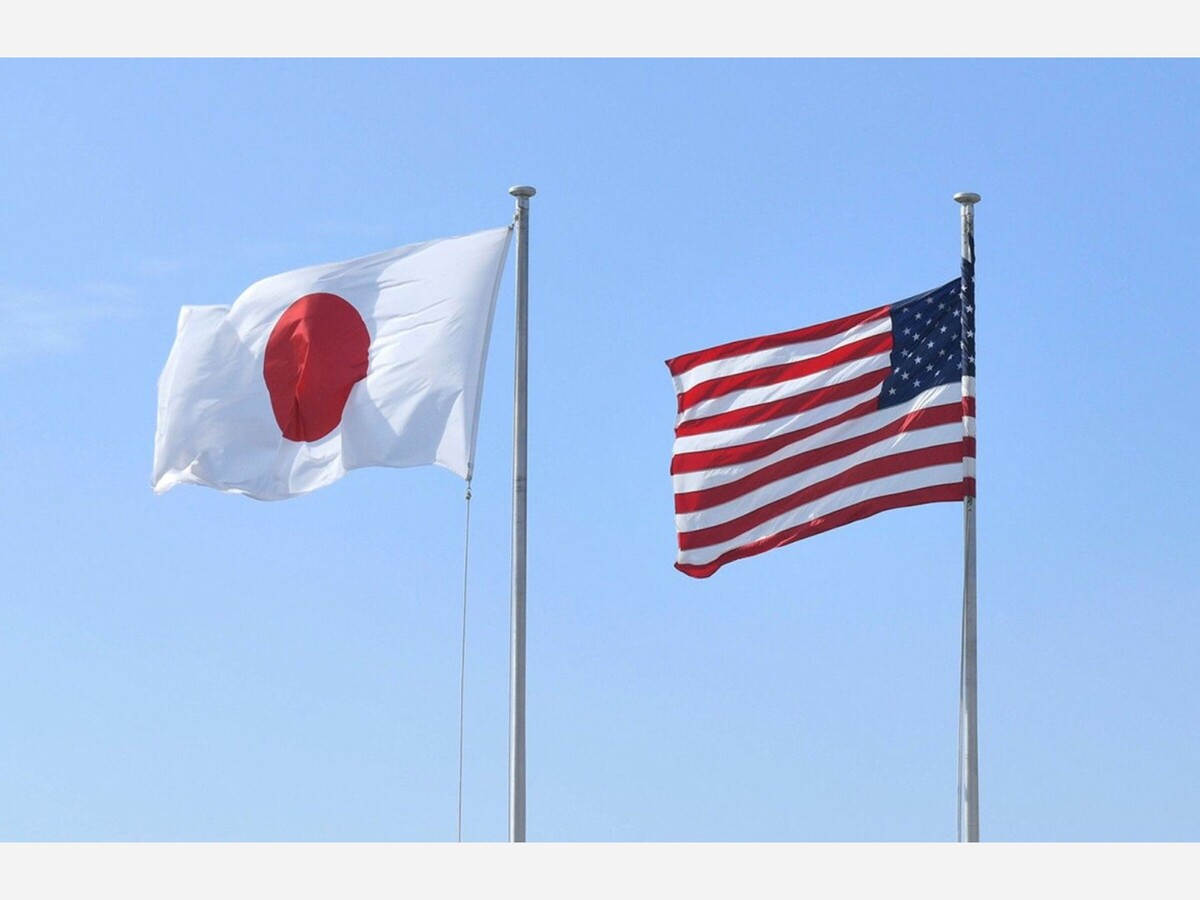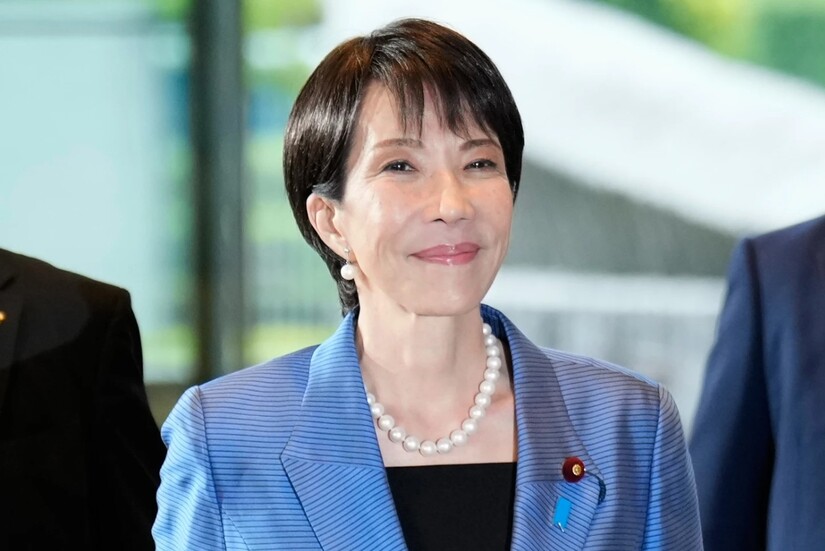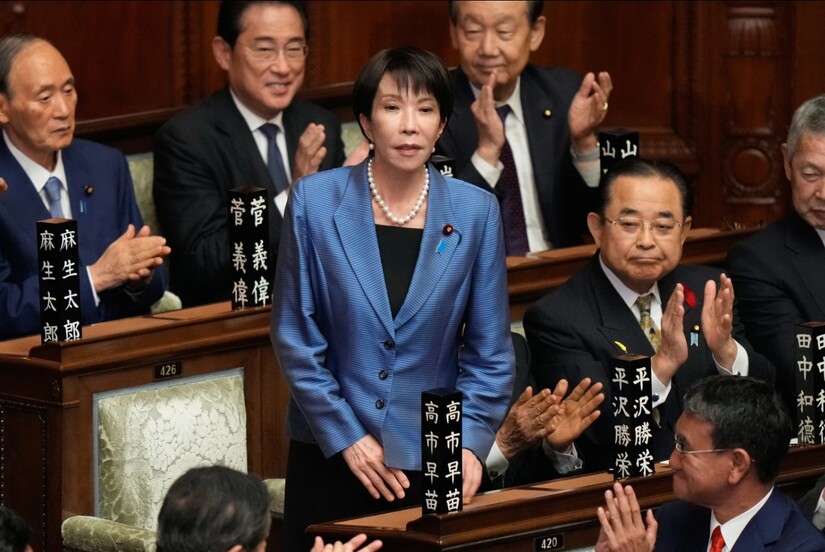Image


Japan’s Parliament Elects Sanae Takaichi as Nation's First Female Prime Minister

The news from Tokyo this week isn’t merely a political headline—it’s a seismic cultural shift that reverberates across the Pacific, shaking the very foundation of American political exceptionalism. On October 21, 2025, Japan—a nation long defined by deep-rooted patriarchy and political conservatism—shattered the ultimate glass ceiling.
With the official election of Sanae Takaichi as its first female Prime Minister, the Land of the Rising Sun has achieved what the world’s supposed standard-bearer of democracy, the United States, has yet to accomplish. It is a moment that transcends politics—a triumph of perseverance, a symbolic reset of global gender leadership, and a powerful mirror held up to the nations that claim to lead the democratic world.

For decades, Japan’s corridors of power have been dominated by men—elder statesmen in gray suits, guided by the inertia of tradition and hierarchy. The idea of a woman ascending to the premiership once felt unthinkable. Yet on this historic day, Sanae Takaichi—longtime LDP stalwart and a protégé of the late Shinzo Abe—defied the gravitational pull of political convention.
Her election as Prime Minister marks the first time a woman has led Japan’s government since its founding. In a political culture often resistant to gender progress, this is nothing short of revolutionary. Japan, frequently criticized for its gender gap and ranked near the bottom among G7 nations in female representation, has now produced a moment that will echo through history.
Regardless of one’s alignment with Takaichi’s ideology, her election represents a breakthrough for Japanese democracy itself—a signal that competence and determination can finally outmuscle custom and conformity. It is proof that merit, when given the space to breathe, can rise.
This moment is not just Japan’s to celebrate. It belongs to every woman who was told to wait her turn. To every young girl in Tokyo, Osaka, Kyoto—and indeed, in Washington, D.C.—who now sees that the summit is not reserved for men alone.
But as Japan celebrates, America must confront an uncomfortable truth. The country that once styled itself as the lodestar of freedom, equality, and progress has yet to elect a woman to its highest office. The self-proclaimed global pioneer of democracy remains shackled by its own contradictions.
We’ve had the candidates. We’ve had the talent. We’ve had extraordinary women—brilliant attorneys, fearless senators, visionary governors, Secretaries of State, and a Vice President—all with proven records of coalition-building and crisis management. And yet, when it matters most, that final, invisible barrier remains unbroken.
Our failure is not accidental. It is cultural. It is systemic. It is the product of a political ecosystem dominated by performative masculinity—a zero-sum, ego-centered sport of domination, where leadership is too often confused with volume, and governance with combat.
This is the politics of spectacle over substance. Of tearing others down rather than building anything up. The result? A self-inflicted quagmire—a democracy consumed by division, distrust, and dysfunction.
We see the symptoms everywhere:
In this landscape, the women who could lead us out of the mire—the problem-solvers, the bridge-builders, the quiet strategists—are routinely sidelined. Because our system, poisoned by machismo, too often rewards the performer over the professional, the fighter over the fixer.
Takaichi’s rise delivers an inconvenient truth to America: while the United States has spent years proclaiming itself the torchbearer of progress, Japan—once viewed as the archetype of male-dominated conservatism—has outpaced it in breaking the ultimate gender barrier.
That contrast should sting.
Japan’s leap forward dismantles the tired narrative that tradition must always triumph over transformation. It reminds us that courage and evolution are not bound by geography. A female-led Japan exposes the hypocrisy of an America that continues to talk about equality while repeatedly failing to practice it.
Even critics who question Takaichi’s conservative social views cannot deny the monumental symbolism of her election. It is a clarion declaration that leadership is not the property of one gender. It asserts that a nation serious about solving complex crises—economic stagnation, demographic decline, security challenges—must draw from 100 percent of its talent pool.
And that, ultimately, is the quiet power of this moment. It tells us that even in institutions steeped in history and hierarchy, transformation is possible.
The world is watching—and America, once the global reference point for democratic leadership, must decide what comes next.
Will we continue to languish in a system that prizes confrontation over collaboration? Or will we finally make room for the type of leadership that heals instead of harms, that builds instead of breaks?
This is not a call for symbolism, but for substance. For decades, women across America have led with grace and grit—from mayors and governors to CEOs and community organizers. They have shown that empathy and efficiency are not opposites; that discipline and compassion can coexist. Yet at the national level, they remain locked out of the Oval Office.
If Japan—a nation historically more patriarchal—can elect a woman to its highest seat of power, what excuse remains for the United States?
We must confront the gatekeepers, the moneyed interests, and the outdated assumptions that continue to hold us back. We must demand media narratives that present female leadership not as an anomaly, but as an expectation. We must open the political process so that women are no longer forced to be extraordinary just to be seen as qualified.
The world does not need more male-dominated power struggles—it needs balance, vision, and humanity. Sanae Takaichi’s election is more than a Japanese milestone; it is a global wake-up call.
Her victory tells us that the arc of progress still bends, even if slowly. It dares America to follow, not out of envy or competition, but out of necessity. Because the future of democracy demands inclusivity—not as token gesture, but as survival strategy.
Japan has done what America has not.
The Rising Sun has illuminated the path forward.
The question now is whether America has the courage to walk it.